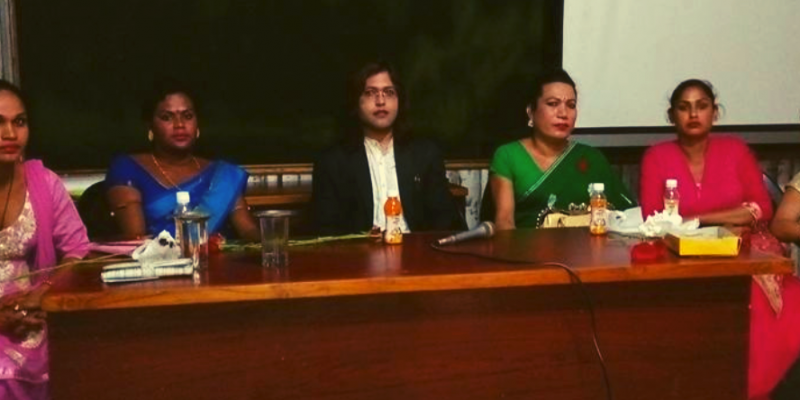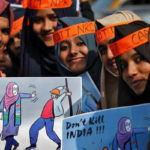Guwahati: Assam’s first transgender judge, who has challenged the contentious Transgender Persons (Protection of Rights) Act, 2019, in the Supreme Court, is now waiting for the Central government to respond to the apex court’s notice.
Swati Bidhan Baruah, a longtime activist had challenged the constitutional validity of the Act. The apex court had thus issued a notice to the central government on January 27.
The matter is listed for March 16. The central government has to file replies justifying the various provisions of the Act which Baruah has dubbed as ‘draconian’ and ‘humiliating’. Baruah particularly feels that the punishment meted out to any person for sexual assault against a transgender person is unfair as it ‘shall not be less than six months but which may extend to two years and with fine’.
Baruah also blames the “lackadaisical and conservative outlook” of the Ministry of Social Justice in leaving out important opportunities to make the Act helpful to transgender people in the long run.
Also read: The Modi Govt’s Handling of the Trans Rights Bill is Transphobia in Action
The government, she feels, turned a blind eye to all the criticism that was made to the draft Bill from around the world.
But for Baruah – and for the transgender community – the most ‘humiliating’ provision as enshrined in the Act is that a transgender person cannot be self-identified as one. A transgender person now has to make an application in front of a district magistrate so that the latter can certify that the person making that application is transgender.
“This particular provision is a direct violation of 2014 National Legal Services Authority judgment by the Supreme Court. The judgement stated that the right to self-identification of gender is part of the right to life under Article 21 of the constitution,” Baruah said.
Chapter three of The Transgender Persons (Protection of Rights) Act, 2019, however, says:
“A transgender person may make an application to the district magistrate for issuing a certificate of identity as a transgender person, in such form and manner, and accompanied with such documents, as may be prescribed: Provided that in the case of a minor child, such application shall be made by a parent or guardian of such child. It further states that the district magistrate shall issue to the applicant under Section 5, a certificate of identity as a transgender person after following such procedure and in such form and manner with such time, as may be prescribed indicating the gender of such person as transgender.”
Baruah feels that the provision make little sense. “Further, punishment when it comes to sexual assault on a transgender person will be only six months. When a woman is sexually assaulted, the punishment could be life imprisonment or even a death sentence when the case is rarest of rare. The entire act is discriminatory and humiliating for any transgender person living in the country,” said Baruah.
In the petition which was filed in December of 2019, Baruah stated that the Act violated rights accorded to transgender persons under Articles 14, 15, 16, 19 and 21 of the constitution.
Also read: Why the Transgender Community is Angry Over a Bill Meant to Protect Their Rights
Not only does the Act harm a transperson’s right to self-identify, Baruah contends in her petition that there is little rationale in vesting the district magistrate with such a power. Trans people’s right to life, Baruah says in the petition, are affected by the Act.
Baruah told Khabri Baba that the Act does nothing when it comes to a reservation, employment and empowerment of the transgender community which is, she says, another clear violation of the Supreme Court’s NALSA judgment.
“In the NALSA judgment, it was clearly directed by the apex court to both the Union and State governments to take steps to treat the transgender community as socially and educationally backward classes of citizens for reservations in educational institutions and also in public employment. But Section 14 of the Act is not even clear in providing welfare schemes to support the community. The parliament should have incorporated such measures in the Act,” she said.




